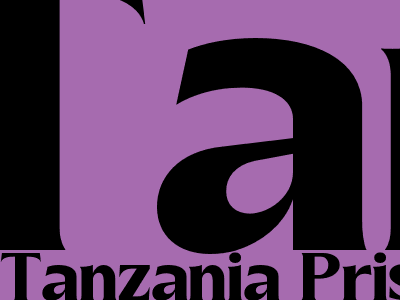Tanzania Prisons: A Deep Dive into the Penal System
The Evolving Landscape of Incarceration in Tanzania
Tanzania's penal system has undergone significant transformations over the years, reflecting the nation's evolving approach to criminal justice. In the early days of independence, the focus was primarily on retribution and deterrence. However, in recent decades, there has been a gradual shift towards rehabilitation and reintegration.
This shift is evident in the establishment of various programs within prisons, such as vocational training, education, and counseling. The aim is to equip inmates with skills and knowledge that will enable them to successfully reintegrate into society upon their release.
Prison Conditions and Challenges
Overcrowding and Insufficient Resources
Despite these efforts, Tanzania's prisons continue to face significant challenges, including overcrowding and a shortage of resources. Overcrowding leads to unsanitary conditions, inadequate healthcare, and increased tensions among inmates.
The lack of resources also affects the quality of life for inmates. Many prisons struggle to provide sufficient food, clean water, and basic medical care.
Human Rights Concerns and Reforms
Human rights concerns have also been raised regarding the treatment of inmates in Tanzania's prisons. Allegations of torture, abuse, and arbitrary punishment have prompted calls for reforms.
In response, the government has taken steps to address these issues. These efforts include the establishment of an independent oversight body and the introduction of training programs for prison staff on human rights standards.
Prison Reform Initiatives and the Role of International Organizations
Collaboration and Partnerships
Tanzania is actively involved in international collaborations and partnerships aimed at improving its prison system. The country has received support from organizations such as the United Nations Office on Drugs and Crime (UNODC) and the International Committee of the Red Cross (ICRC).
These partnerships provide technical assistance, training, and funding for various initiatives, including prison infrastructure upgrades, capacity building, and the development of alternative sentencing options.
Decongestion Measures and Alternatives to Incarceration
To address overcrowding, the government has implemented various decongestion measures, such as the establishment of community-based rehabilitation programs and the expansion of parole and probation services.
These measures aim to reduce the prison population while providing offenders with opportunities for reintegration into society. They also contribute to reducing the burden on the prison system and allow for more effective rehabilitation efforts.
Conclusion: Progress and Ongoing Challenges
Tanzania's penal system has made progress in recent years, moving towards a more balanced approach that emphasizes both retribution and rehabilitation. However, significant challenges remain, particularly in the areas of overcrowding, resource constraints, and human rights concerns.
Continued collaboration with international organizations and the implementation of effective reform initiatives are crucial for addressing these challenges and ensuring that Tanzania's prisons meet both national and international standards of justice and human rights.

Comments